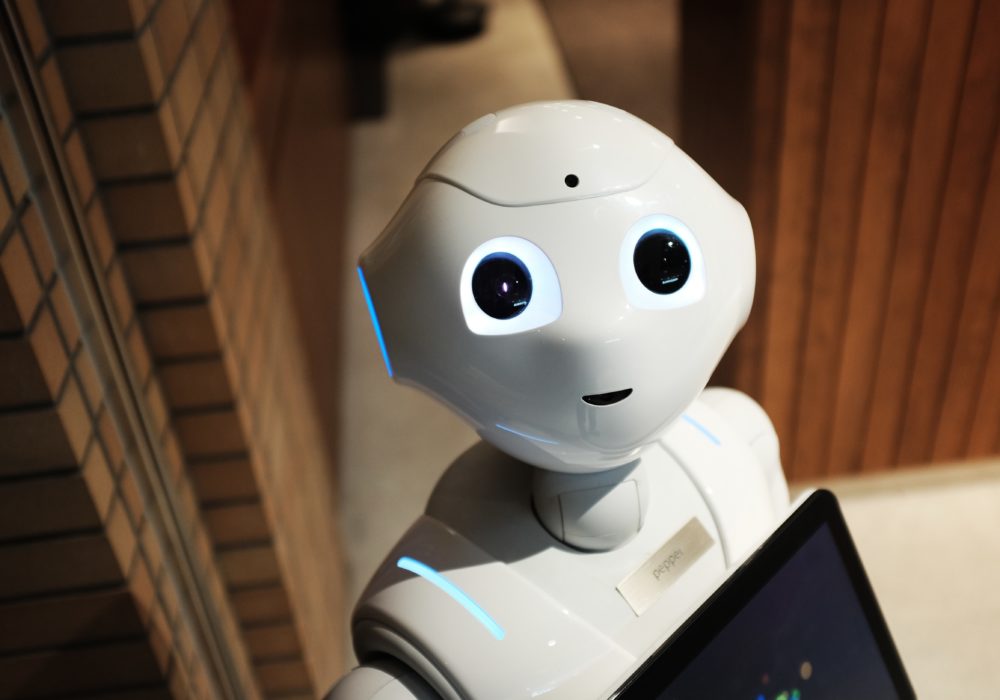
Many analysts describe that we are living in the fourth industrial revolution, where technology is empowering people to change behaviours and processes for the better. This is certainly true in the world of waste management, where we are seeing revolutionary innovations emerging that will make it quicker, easier and cheaper to handle refuse responsibly.
Here are some examples of cutting-edge waste management tech from around the world, which are using intelligent capabilities to improve the ways in which we can collect, sort and dispose of both commercial and household rubbish. They might seem ambitious, but it’s only a (short) matter of time before they start shaping Local Authority agendas.
1. Self-sorting recycling
One of the biggest problems with most community recycling schemes is that responsibility for sorting out items currently lies with the homeowner. Households need to sort their own waste into multiple collection bins, and there can be confusion over what materials can be recycled together.
There are pilot schemes being trialled internationally to solve this problem, in the hope of enabling residents to put out all recyclable products in a single bin, which will be automatically sorted on their behalf.
One of the most recent successful pilots has been in China, where 10,000 intelligent sorting bins were distributed across more than 30 cities. These bins use AI technology, combined with cameras and weight sensors, to identify what material each discarded item is made from, disposing of it in the appropriate manner to maximise recycling opportunities.
2. Automatic reward systems
Another barrier to better waste disposal is a lack of incentive among local residents; there is ultimately no personal reward for disposing of items correctly.
This is changing, however, with ideas like that of technology start-up , which uses blockchain technology to enable secure deposit returns from companies to consumers.
Cryptocycle’s scheme, which is currently being crowdfunded, compensates people for returning empty drinks bottles without having to rely on stores or vending machines to managing the process. Consumers simply scan the barcode on their bottle and place it in a smart bin, with the transaction being logged on a smartphone app.
Brands can then either choose to offer a small financial sum for returning the bottle, or give consumers points that can be saved up for larger rewards.
3. Smart sensors streamlining collections
It is not just the way in which waste is disposed of that is contributing to environmental degradation; many Local Authorities are interested in ways to cut their carbon footprint by reducing unnecessary collection vehicles.
Some councils in London have been experimenting with electric refuse trucks in a bid to become more environmentally friendly. Others, meanwhile, are experimenting with smart sensors that generate critical data on how much waste is being generated.
During refuse collections, these sensors can identify the quantity of materials being collected at each stop and then the information is analysed to see whether some regular routes can be reduced or combined without it impacting service levels.
Innovative Local Authorities are also using smart sensor information to become more responsive with collection frequencies – monitoring how full receptacles are becoming, only sending out a truck to pick up waste once bins have almost reached capacity.
4. Real-time data improving local services
One innovation that Whitespace is closely involved in is enabling Local Authorities to become more reactive to the challenges they are facing within waste collection.
Rather than crews reporting a problem or missed pick-up at the end of the round, to be dealt with the next week, our municipal waste management software is enabling head office to communicate in real-time with those who are out on the road.
Round sheets and ad-hoc tasks lists can be generated in real-time and communicated to collection crews, so that any issues or obstacles are dealt with quickly and seamlessly. Key learnings can be inputted into future workflows, which are managed through a central online system, in order to ensure waste management teams are running at top flight.
Now is the time for change
As the examples we have shared show, technology is changing every aspect of municipal waste management, from operational understanding to empowering behaviour.
While some of these smart solutions might seem far away from the average collection service, Local Authorities need to think careful about the ways in which tech can innovate services from this point on. Change is coming, and those that fail to stay abreast of the fourth industrial revolution will find themselves left behind.
Many councils are already taking steps to manage their waste better, with specialist software like Whitespace’s platform empowering them to offer quicker, more efficient services that also streamline cost. This is having a tangible impact on their ability to meet aggressive targets, and setting an example to other Local Authorities about what can be achieved with the right technical support.
Try Whitespace Municipal Waste Management software to discover how we can improve your community refuse collection services.
